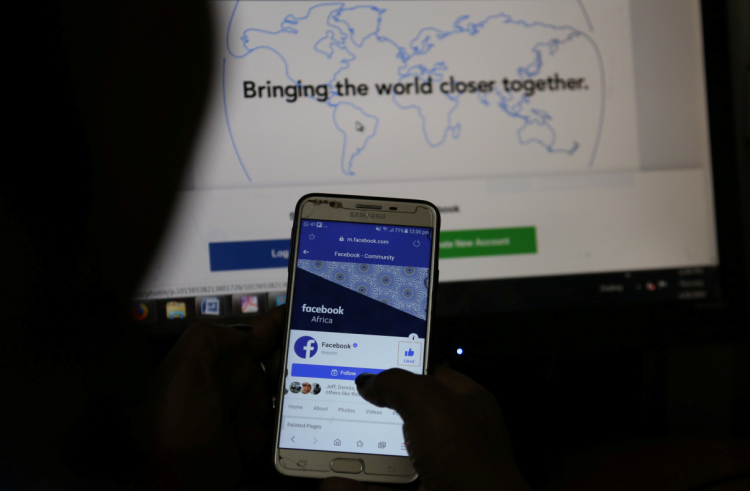As governments have imposed lockdowns across the globe, more people are now doing everything from home, and the majority of those activities are done online. More time on social media is being spent; more video calls to be made; both kids and adults play online video games; people are streaming movies, and a handful of others are actually doing their 9-5 jobs from home. So yes, all that bandwidth adds up.
It's an unprecedented situation, something that the whole world didn't foresee. This has prompted digital policymakers to push restrictions. Even tech companies are doing their part to ease internet traffic.
Earlier this week, YoutTube announced it would start playing videos on standard quality (SD) rather than the high-definition (HD) default. Microsoft urged gaming companies to only hold releases and roll out updates at certain times to lessen internet congestion. Disney was supposed to launch its new streaming service but decided to postpone the event.
Everybody is doing their part, but there are more people on the internet these days due to the coronavirus pandemic that it has raised the issue of whether our network infrastructure is formidable enough to handle such an incredible amount of traffic.
It's possible you haven't thought about it, but even the industry's brightest minds are concerned. Facebook CEO Mark Zuckerberg even admitted that his company is "just trying to keep the lights on" as usage on its platforms and apps soars to record highs. The truth of the matter though is, what's happening on various platforms like Facebook, YouTube, Netflix, or Zoom is entirely different from what's happening on the internet as a whole.
While the internet is an incredibly resilient and robust network designed to withstand the heaviest of activities, the many apps and platforms found in it are unfortunately vulnerable. So yes, the internet CAN handle all the traffic we're causing -- that's the good news. The bad news is, your favorite apps and platforms CANNOT. We're still lucky, though, since industry experts believe we'll all be fine.
Matthew Prince, CEO of Cloudflare, explained that the internet is not something that diminishes in quality over time: "It's not like, if you run your car for a high rate of speed for an extended period of time, it's more likely your car's gonna die. Networks don't work that way."
Sure there will be latency problems, but that's simply because of the many devices connected to your network. In many households, the typical scenario involves one person video-chatting, another streaming Netflix, and a few individuals playing video games online. These are all high-bandwidth activities, which equates to more congestion on your home network, thus, higher latency.
An old adage that a few people believe implies that the internet can survive a nuclear war, which really is more like a myth, though the sentiment is completely understandable. Whether fact or fiction though, it will take more than a million video streams and game downloads to literally break the internet. That's one positive thought we can hold on to in these hard times.






